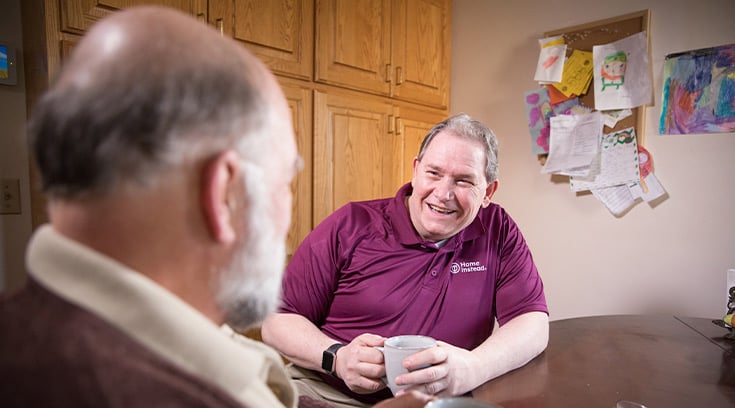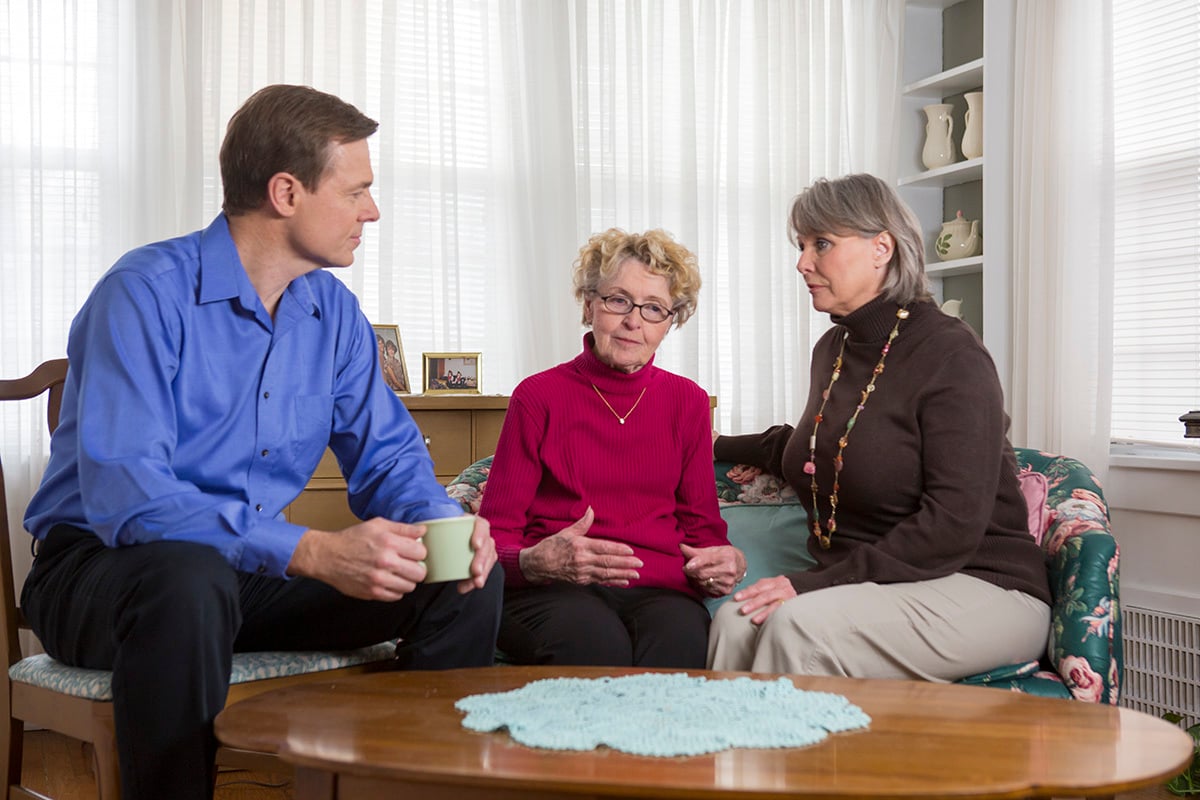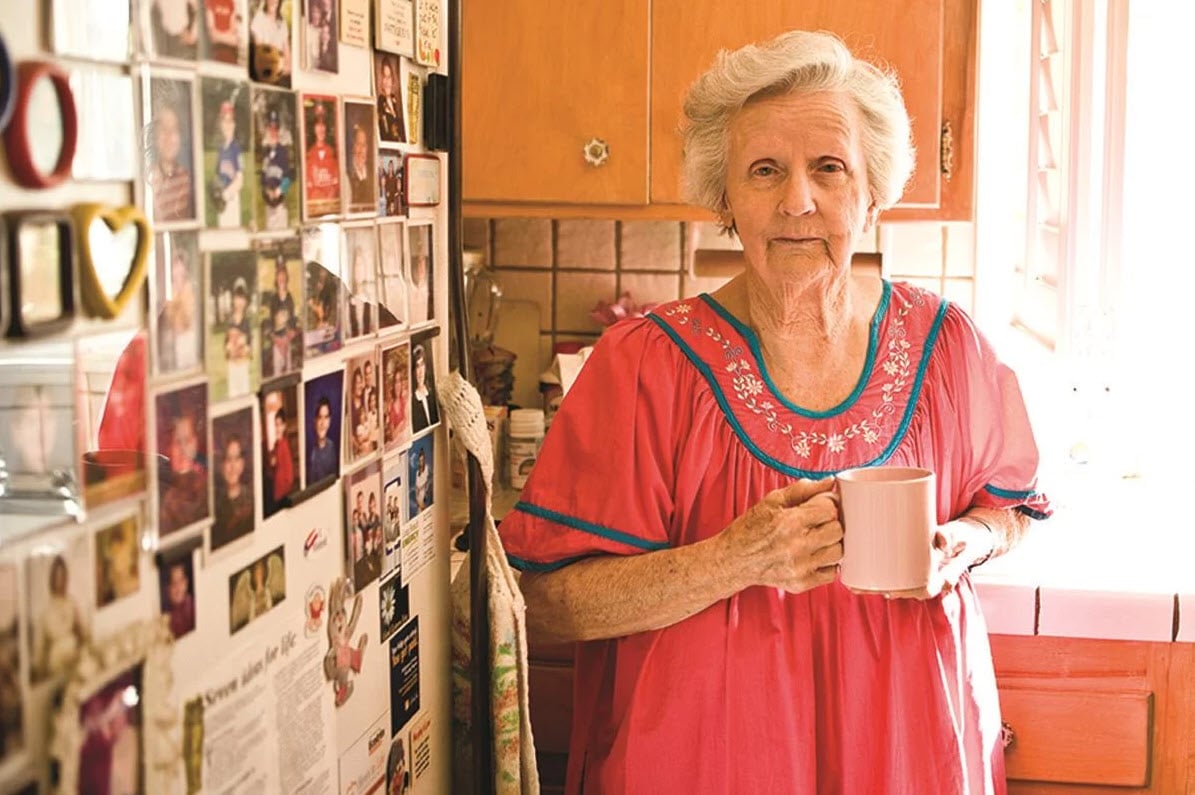According to a Home Instead, Inc. survey, 90 percent of North American homeowners between the ages of 55 and 75 would like to stay in their longtime home as they get older.
And, not surprisingly, 66 per cent of seniors believe their home is where they will be most comfortable physically and emotionally, with 53 per cent believing they will stay healthier in their own home.*
But living out that scenario and remaining in the driver’s seat calls for a plan of action -- and an understanding of the issues of aging and potential safety risks in the home such as the following.
The Risks: Mobility, Balance, Senses and Memory
- Agility and mobility. Conditions such as arthritis can impair mobility. Stairs that were once easy to navigate with groceries and toddlers may now present a challenge.
- Balance. Neurological disorders such as Parkinson’s disease and other chronic conditions increase the risk for balance problems as well as falls on slippery floors and getting in and out of the bathtub.
- Eyesight. Poor eyesight may lead to such things as falls and the inability to groom, cook, and take medication.
- Memory. The Public Health Agency of Canada estimates almost half a million seniors over the age of 65 are living with a form of diagnosed dementia, including Alzheimer’s. Memory issues can jeopardize an older adult’s ability to remain at home.
As a result of these risks, many families will be faced with the question: Should I stay or should I go? It's a question potentially so easy to avoid. Facing aging issues does not mean that a move from home is on the horizon, though. Home care makes it possible to remain home despite physical challenges. And even if a move is warranted, there are plenty of other options today's aging adults could pursue including independent living and continuing care communities.
* Home Instead, Inc., franchisor of the Home Instead network, fielded an online survey of 1,000 North American homeowners aged 55-75 years. Of these 1,000 respondents, 899 live in the United States and 101 live in Canada. Sampling was conducted to balance age, gender and geographic region.
Personalized Senior Care





